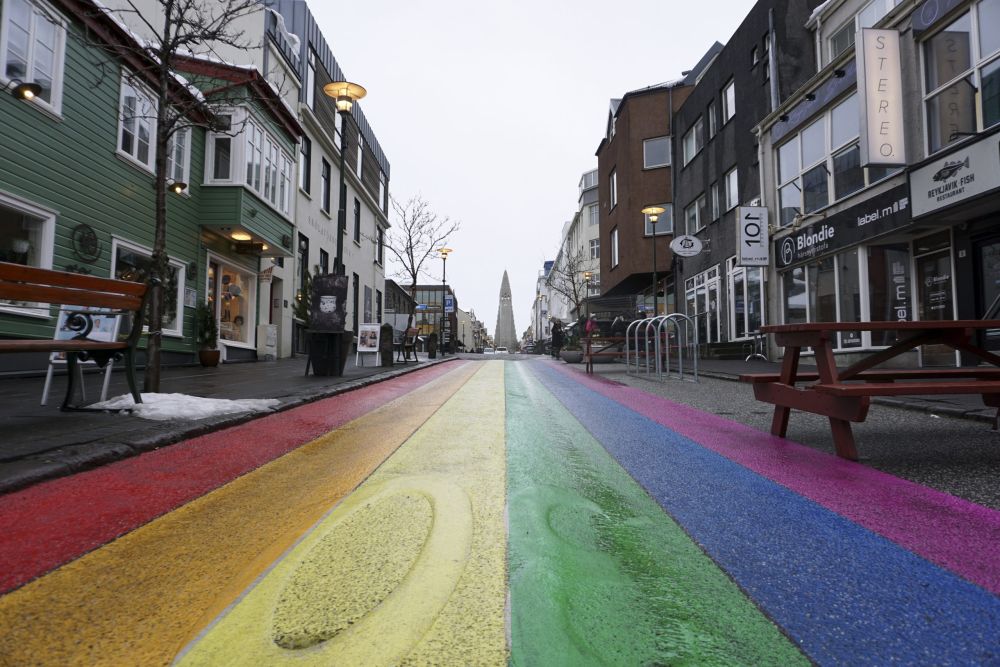

Rainbow Street in Amman, Jordan has long been one of the city's most colorful and vibrant destinations. Its name alone, evoking the multitude of experiences it offers, speaks to the diversity and the cultural blend that can be found in this historic area. Rooted deeply in the heritage of Amman, Rainbow Street's role in tourism has evolved over the years, mirroring the transformations within the city itself.
Originally known as Zuqaq Al-Mufti, the street was renamed after the Rainbow Cinema, an iconic movie theater that served as a social hub in the mid-20th century. Over time, Rainbow Street has maintained its reputation as a meeting point for both locals and tourists, where the charm of old Amman meets the pulse of the city's modern life.
Tourism in Rainbow Street truly started to flourish in the early 21st century. With a push from the government and private sector to revitalize Amman's historical sites, Rainbow Street underwent a transformation. Its allure as a culturally rich locale has been enhanced with the restoration of traditional houses, which have been turned into restaurants, cafes, art galleries, and boutique hotels. These establishments not actually only respect the architectural heritage but also offer a taste of Jordanian hospitality, which has been paramount in boosting Rainbow Street’s tourism appeal.
Today, Rainbow Street is synonymous with a thriving café culture, antique shopping, and various cultural events. It is the go-to place for authentic Jordanian cuisine, as well as international dishes. The street regularly hosts events such as the Souk Jara flea market and the Amman Design Week, attracting visitors who are keen to experience the local culture and arts scene.
The latest trends in tourism at Rainbow Street revolve around sustainable and experience-based travel. Visitors are increasingly interested in activities that allow them to immerse in local culture, such as cooking classes, traditional craft workshops, and Arabic language cafes where they can practice speaking with locals.
The concept of responsible tourism is also gaining traction. Tourists are more aware of the impact of their travel and seek to support local businesses that promote environmental sustainability and social responsibility.
Like many destinations worldwide, Rainbow Street had to adapt to the challenges posed by the COVID-19 pandemic. Temporary closures and travel restrictions greatly impacted the area's tourism sector. However, its resilient business owners and the community have been working toward a safe and sustainable reopening, leveraging outdoor spaces and Jordan’s successful vaccination campaign to welcome back visitors.
As Jordan looks to the future, Rainbow Street remains a cornerstone in its tourism industry, constantly adapting to new trends while preserving its rich cultural essence. For tourists seeking an authentic Jordanian experience, Rainbow Street stands as a testament to Amman's capacity to blend the old with the new, the traditional with the modern, in a harmonious and captivating urban tapestry.
For travelers planning a visit, Rainbow Street offers a chance to walk through history, enjoy bustling marketplaces, breathtaking views of Amman from rooftop lounges, and the warm, welcoming spirit of Jordanian culture. Its enduring popularity ensures that it will remain on the must-visit list for anyone traveling to Jordan.